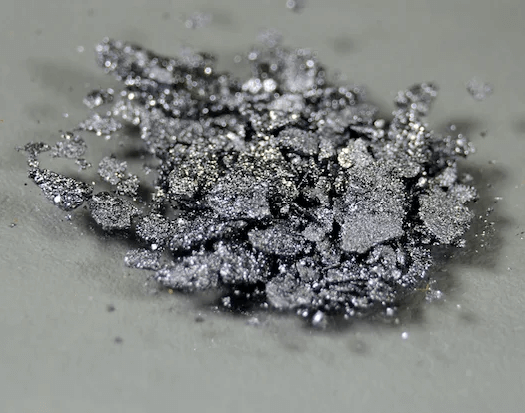Iodine is a naturally occurring nutrient within the body that plays a crucial role in various physiological processes. It is vital for growth and development, as well as for the regulation of thyroid hormones, which are essential for maintaining the basic metabolic rate.
Significance of Iodine
Iodine serves as a critical precursor for thyroid hormones. Receptors for iodine are distributed throughout the body, regulating cellular metabolism, facilitating nutrient uptake, and aiding in the elimination of toxins from cells.
Functions
Iodine is essential for cellular metabolism, which refers to the conversion of food into energy. It is crucial for the normal functioning of the thyroid gland and the regulation of its hormone secretions.
Health Benefits of Iodine
Iodine is necessary for proper physical development and metabolic processes within the body. Some of its benefits include:
- Metabolic Rate – Iodine significantly influences the thyroid gland's function, which secretes various hormones responsible for regulating the body's metabolic rate. It is a key element in maintaining overall health.
- Energy Levels – Iodine helps sustain energy levels in the body according to its needs.
- Healthy Nails, Skin, Hair, and Teeth – Iodine contributes to the health of skin, hair, nails, and teeth. It is an important element for achieving a radiant appearance, and a deficiency may lead to hair loss.
- Reproductive System – Iodine supports the normal growth and maturation of the reproductive system. It is particularly essential during pregnancy, as it helps prevent complications in newborns.
- Immune System Strength – Iodine acts as a booster for the immune system. It enhances the activity of antioxidants in the body, providing a defense mechanism against various diseases, including heart disease and cancer.
- Hypothyroidism – This condition is characterized by reduced thyroid gland activity and is associated with symptoms such as weight gain, fatigue, dry skin, constipation, cramps, and swelling. In such cases, iodine can help manage these symptoms.
Food Sources
Normally iodine is taken by consuming a balanced diet.
The common food sources of iron are given below:
- Table salt should be iodized.
- Seafood such as Cod, sea, bass and haddock.
- Kelp
- Dairy products
- Plant grown in iodine rich soil.
Deficiency of Iodine
It is very common in women than men and pregnant women. Deficiency of iodine puts serious effects on body.
The common symptoms associated with the deficiency of iodine include:
- Weight gain
- Mental problems like depression, frustration, mental retardation
- Decreased fertility
- Constipation
- Fatigue
- Physical malformations
Side Effects
Prolonged deficiency of iodine may lead to the development of goiter or hypothyroidism. A lack of iodine results in the enlargement of the thyroid gland, which subsequently fails to produce adequate thyroid hormones. This condition is more prevalent among women, during pregnancy, and in older children.
Dosage
The most effective method to meet nutritional requirements is to consume a well-balanced diet that includes a diverse range of nutrients. The recommended daily intake of iodine, categorized by age and sex, is outlined below:
Infants
- 0 to 6 months: 110 micrograms per day (mcg/day)*
- 7 to 12 months: 130 mcg/day*
Children
- 1 to 3 years: 90 mcg/day
- 4 to 8 years: 90 mcg/day
- 9 to 13 years: 120 mcg/day
Adolescents and Adults
- Males aged 14 and older: 150 mcg/day
- Females aged 14 and older: 150 mcg/day
- Pregnant females of all ages: 220 mcg/day
- Lactating females of all ages: 290 mcg/day



